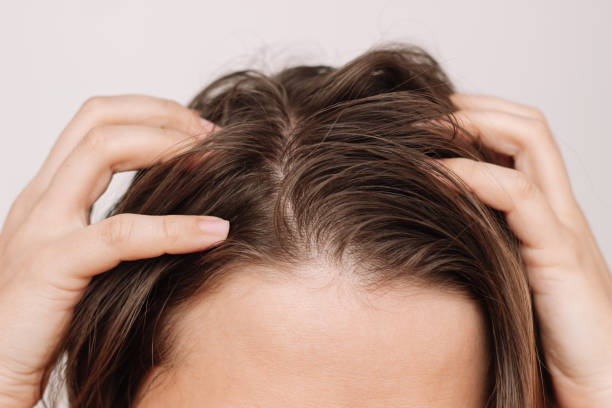Imagine waking up every day feeling drained, with muscles that seem to weaken despite your best efforts at the gym.
Picture your hair losing its shine and your skin becoming dull and flaky. These aren’t just minor annoyances; they could be signs that you’re missing out on something crucial—protein.
In our fast-paced lives, it’s easy to overlook the importance of protein, but failing to get enough can lead to some serious health issues.
Don’t let protein deficiency sneak up on you and undermine your vitality.
Read on to discover the key signs of protein deficiency and learn how to address them before it’s too late. Your energy, strength, and overall well-being depend on it!
Table of Contents
Common Signs of Protein Deficiency
Here are six common signs that you might be experiencing protein deficiency:
Persistent Fatigue
Protein helps your body produce energy. Without enough protein, you may feel constantly tired and low on energy.
Weak Muscles
Protein is vital for muscle strength and repair. If you notice your muscles are weaker, or you’re losing muscle mass, it could be due to a lack of protein.
Hair and Skin Problems
Protein deficiencies can lead to brittle hair and dry, flaky skin. Your hair might become dull, and your skin could lose its natural glow.

Frequent Infections
A weakened immune system can result from insufficient protein, making you more prone to infections and illnesses.
Swelling and Edema
Low protein levels can cause fluid to build up in your body, leading to swelling, particularly in the legs and feet.
Mood Changes
Protein affects brain function and mood. Deficiency might cause irritability, mood swings, or even depression.
How to Recognize These Signs Early
- Knowing these symptoms and monitoring your health can help you catch protein deficiency early.
- Pay attention to changes in energy levels, muscle strength, and overall appearance.
- If you notice any of these signs, consider evaluating your diet and consulting a healthcare professional for further advice.
Ways to Address Protein Deficiency
If you suspect you’re not getting enough protein, there are several ways to address the issue:
- Increase Protein-Rich Foods: Incorporate more protein-rich foods into your diet, such as lean meats, fish, eggs, dairy products, beans, and nuts.
- Consider Protein Supplements: If it’s challenging to get enough protein from food alone, protein powders or bars can be a convenient supplement.
- Balance Your Diet: Ensure you’re eating a well-rounded diet that includes various nutrients to support overall health.
- Consult a Professional: Speak with a healthcare provider or a nutritionist to create a personalized plan to address any deficiencies.
How To Maintain Adequate Protein Levels
- Plan Balanced Meals: Include a source of protein in each meal and snack to ensure consistent intake throughout the day.
- Opt for High-Quality Proteins: Choose high-quality protein sources that provide all the essential amino acids your body needs.
- Stay Hydrated: Drink plenty of water to help your body process proteins effectively.
- Monitor Your Intake: Keep track of your protein consumption and adjust your diet as needed to meet your daily requirements.
Conclusion
Recognizing and addressing protein deficiency is crucial for maintaining your overall health and well-being.
By understanding the signs and taking steps to increase your protein intake, you can prevent potential health issues and support a healthy, active lifestyle.
Photo | Pexels
























